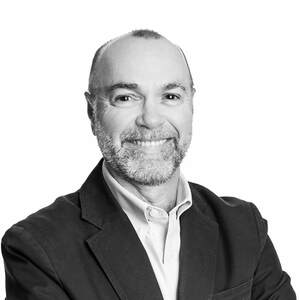"Environment and Economy: Promoting Biomimicry Principles to Build a Circular Economy" by Art K. Umble

Abstract
There is little doubt that our global environment has long been paying the price for global economic development. Economies depend on environmental resources to sustain development and growth. But to secure a sustainable future for our world, the economy must be decoupled from the environment. Is decoupling realistic for today’s interconnected and integrated economies?
Many now argue that it is, if and only if, primary resource extractions are displaced by products recycled from those very primary resources; easier said than done. The pathway forward is all about creating circularity in our economies whereby all wastes are converted to valued products to be recycled and reused, i.e., closing the loops on waste.
Nature has had nearly 4 billion years of building symbiotic relationships—across 30 million known living species—to be sustainable; nature has figured out how to turn wastes into reusable products. In so doing, nature preserves and restores its primary natural resources for perpetual sustainability. Biomimicry, then, is a principle that looks to nature and natural systems for clues on sustainable frameworks, i.e., how waste product-to-value product loops are closed.
Biomimicry is about designing as nature, not with nature. It’s about looking to nature as our mentor, guide, and gold standard for how resources are used and used again, and again. This is the circular economy, one that decouples the environment from economic development because closed loops displace natural resource utilization.
Environmental science and engineering disciplines are blazing a trail into the world of biomimicry through the design of waste management systems into closed-loop systems. This presentation overviews the concepts of circular economy as it currently stands today, and the use of biomimetic principles in developing sustainable frameworks. Several examples of these principles in full-scale designs will be provided.
Biography
Dr. Art Umble leads the Global Wastewater Practice for Stantec Consulting, focusing on municipal and industrial wastewater treatment technologies, with an emphasis on converting waste streams to value streams, and he is a national leader in initiatives involving environmentally sustainable systems.
He provides technical analysis and support to design teams for new and rehabilitated wastewater treatment plants, with a focus on nutrient removal and recovery facilities, and process optimization for treatment capacity and energy management. He serves in numerous state and national forums and stakeholder workgroups for emerging treatment technologies, sustainability in treatment, and environmental regulation and policy. He also serves as Director of the Stantec Institute for Water Technology & Policy, a research and advocacy entity consisting of subject matter experts studying the dynamics of global megatrends in water that influence technology development, selection and adoption, regulatory policy, and environmental and public policy around water. In addition to consulting, his experience includes university teaching and managing a publicly owned water and wastewater utility.
Seminar sponsored by the Department of Civil and Environmental Engineering and Earth Sciences.